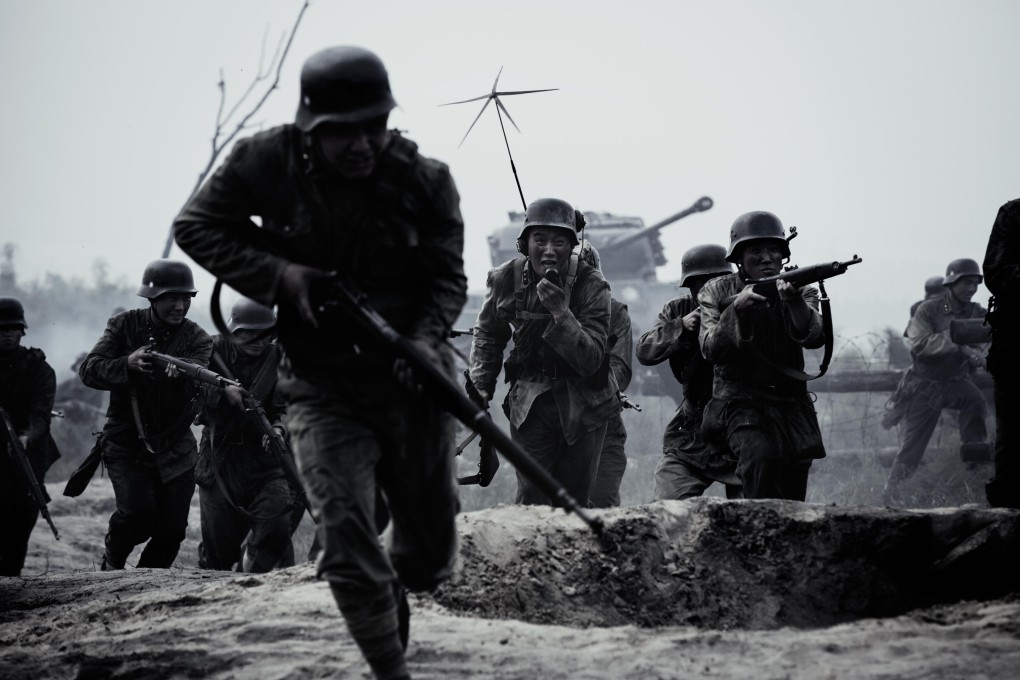First chapter of John Woo’s The Crossing high on human drama, but war scenes still reign
Since returning to Asia after a Hollywood stint that saw him go from working with Jean-Claude Van Damme (Hard Target) to directing bigger name such as John Travolta (Face/Off) and Tom Cruise (Mission: Impossible II), John Woo Yu-sam has focused on historical epics so vast that they have merited being split into two movies.

THE CROSSING
Starring: Huang Xiaoming, Takeshi Kaneshiro, Song Hye-kyo, Zhang Ziyi, Tong Dawei
Director: John Woo Yu-sam
Category: IIB (Putonghua, Taiwanese and Japanese)

Since returning to Asia after a Hollywood stint that saw him go from working with Jean-Claude Van Damme (Hard Target) to directing bigger name such as John Travolta (Face/Off) and Tom Cruise (Mission: Impossible II), John Woo Yu-sam has focused on historical epics so vast that they have merited being split into two movies.
First up were Red Cliff (2008) and Red Cliff II (2009), films recounting momentous events in China’s history, including the legendary Battle of Red Cliffs waged near the end of the Han dynasty (206 BC-220 AD). And now we have The Crossing I, whose second part is not due out in cinemas until May 2015.